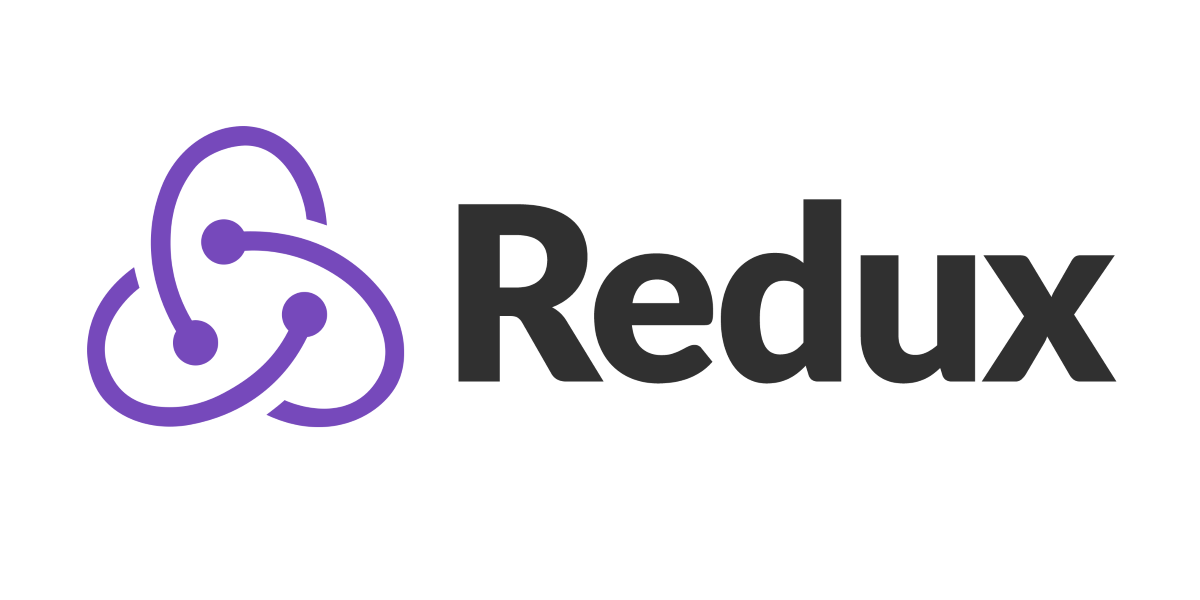:
Modern web development is characterized by the complex interplay of data and user interfaces, often managed through libraries and frameworks. Redux, a widely-used state management library for JavaScript applications, simplifies this complexity by providing a predictable state container. To further empower developers, the Redux DevTools Chrome extension emerges as a game-changing tool. In this article, we’ll delve into the features, benefits, and real-world applications of the Redux DevTools Chrome extension, shedding light on its role in optimizing state management workflows.
Understanding Redux and State Management
Redux is a JavaScript library that facilitates state management in applications, ensuring that changes to the application’s data are predictable and easy to trace. It follows a unidirectional data flow, making it suitable for applications with complex data dependencies. Developers create actions that describe the changes they want to make to the state, and these actions are processed by reducers that update the state accordingly.
Introducing Redux DevTools Chrome Extension
The Redux DevTools Chrome extension enhances the development experience for Redux applications by providing a set of powerful tools that allow developers to inspect, debug, and analyze the state changes in real-time. This extension offers a visual representation of the application’s state tree, helps track action dispatches, and enables time-travel debugging, allowing developers to understand and diagnose issues more efficiently.
Key Features in Focus
- Time-Travel DebuggingOne of the standout features of the Redux DevTools Chrome extension is time-travel debugging. Developers can replay past actions and visualize how the application’s state evolved over time. This ability to step backward and forward in time provides invaluable insights into how bugs or unexpected behavior might have occurred.
- Action TrackingThe extension tracks every dispatched action and presents a detailed log of action types and payloads. This is immensely useful for tracing the sequence of events that led to a particular state change, helping developers pinpoint issues with precision.
- State Tree VisualizationThe extension offers a visual representation of the application’s state tree, making it easier to understand the relationships between different parts of the state. This visualization simplifies the process of identifying which part of the state is affected by a specific action.
- Middleware IntegrationDevelopers can integrate middleware into the Redux DevTools extension, allowing them to intercept, modify, or log actions and state changes. This is particularly beneficial for monitoring and analyzing application behavior in a controlled manner.
- Multiple Store SupportThe extension supports multiple Redux stores within a single application, which is especially useful for complex applications with separate modules or features that have their own state management.
Benefits and Real-World Applications
- Efficient DebuggingThe Redux DevTools Chrome extension fundamentally changes the debugging landscape. With time-travel debugging, developers can trace back to the origin of bugs, replay actions, and observe the state changes that led to the issue. This accelerates the debugging process and improves overall code quality.
- Action AnalysisBy providing a detailed log of dispatched actions, the extension helps developers analyze the sequence of events leading to particular outcomes. This feature is essential for understanding how the application’s state evolves in response to user interactions.
- Optimized Development WorkflowThe ability to visualize the state tree and track action dispatches simplifies the development workflow. Developers can make informed decisions based on how actions impact the state, resulting in more efficient code changes and improvements.
- Collaborative DebuggingFor teams working on Redux-based projects, the extension fosters collaborative debugging. Team members can analyze the action log and state changes, enabling them to collaborate effectively when troubleshooting issues.
- Exploration of AlternativesThe extension allows developers to experiment with different state scenarios by replaying actions. This feature aids in exploring alternatives and testing different approaches without modifying the original code.
Conclusion
In the realm of front-end development, the Redux DevTools Chrome extension emerges as a beacon of empowerment for developers seeking to tame the complexities of state management. With its time-travel debugging, action tracking, and state tree visualization capabilities, the extension reshapes the debugging process, fostering more efficient development workflows. By offering insights into state changes and facilitating real-time analysis, the Redux DevTools extension equips developers with the tools they need to create resilient, maintainable, and bug-free Redux applications. As web applications continue to evolve, tools like the Redux DevTools extension remain instrumental in elevating the development experience and helping developers craft exceptional user experiences.








0 Comments